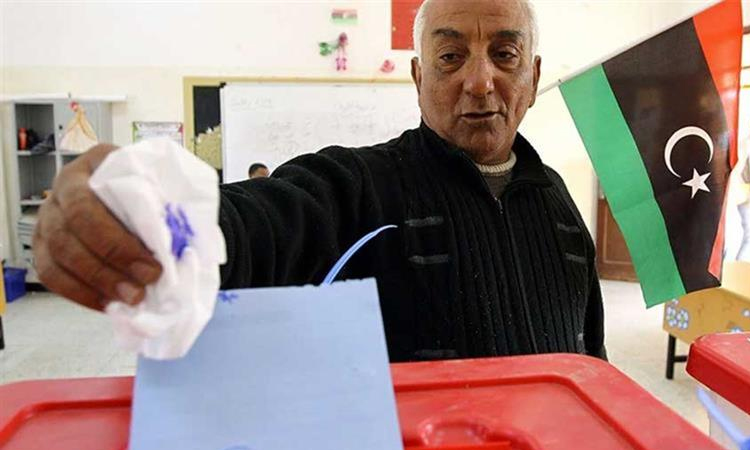News Flash

TRIPOLI, Aug 15, 2025 (BSS/AFP) - Libya goes to the polls on Saturday for
rare municipal elections seen as a test of democracy in a nation still
plagued by division and instability.
Key eastern cities -- including Benghazi, Tobruk and Sirte -- have rejected
the vote, highlighting the deep rifts between rival administrations.
The UN mission in Libya, UNSMIL, called the elections "essential to uphold
democratic governance" while warning that recent attacks on electoral offices
and ongoing insecurity could undermine the process.
"Libyans need to vote and to have the freedom to choose without fear and
without being pressured by anyone," said Esraa Abdelmonem, a 36-year-old
mother of three.
"These elections would allow people to have their say in their day-to-day
affairs," she said, adding that it was "interesting to see" how the areas
affected by the clashes in May would vote.
Since the ouster of longtime leader Moamer Kadhafi in a NATO-backed uprising
in 2011, Libya has been split between a UN-recognised government in Tripoli,
led by Prime Minister Abdulhamid Dbeibah, and its eastern rival, backed by
military strongman Khalifa Haftar.
Khaled al-Montasser, a Tripoli-based international relations professor,
called the vote "decisive", framing it as a test for whether Libya's factions
are ready to accept representatives chosen at the ballot box.
"The elections make it possible to judge whether the eastern and western
authorities are truly ready to accept the idea that local representatives are
appointed by the vote rather than imposed by intimidation or arms," he said.
Nearly 380,000 Libyans, mostly from western municipalities, are eligible to
vote.
Elections had originally been planned in 63 municipalities nationwide -- 41
in the west, 13 in the east, and nine in the south -- but the High National
Elections Commission (HNEC) suspended 11 constituencies in the east and south
due to irregularities, administrative issues and pressure from local
authorities.
In some areas near Tripoli, voting was postponed due to problems distributing
voter cards.
- 'Intimidate voters' -
And on Tuesday, the electoral body said a group of armed men attacked its
headquarters in Zliten, some 160 kilometres east of Tripoli.
It made no mention of any casualties, although UNSMIL said there were some
injuries.
UNSMIL said the attack sought to "intimidate voters, candidates and electoral
staff, and to prevent them from exercising their political rights".
On Friday, the HNEC said there were arson attacks on two polling stations in
Zawiya and Sahel al-Gharbi west of Tripoli.
The electoral body said it remained determined to "fulfil its duty to
guarantee free and fair elections".
A general election scheduled for December 2021 was postponed indefinitely in
the face of differences between the rival administrations.
After Kadhafi's overthrow, Libya held its first contested vote in 2012 to
elect the 200 members of the General National Congress.
That was followed by the first municipal elections in 2013, and legislative
elections in 2014 that saw a low turnout amid renewed violence.
In August that year, an alliance of militias seized Tripoli and installed a
government with the backing of powerful former rebel groups from the
country's third city Misrata, forcing the newly elected parliament to
relocate to the east.
The UN then brokered an agreement in December 2015 that saw the creation of
the Government of National Accord in Tripoli, but divisions in the country
have continued.
A few municipal elections were held between 2019 and 2021, but only in a
handful of cities.